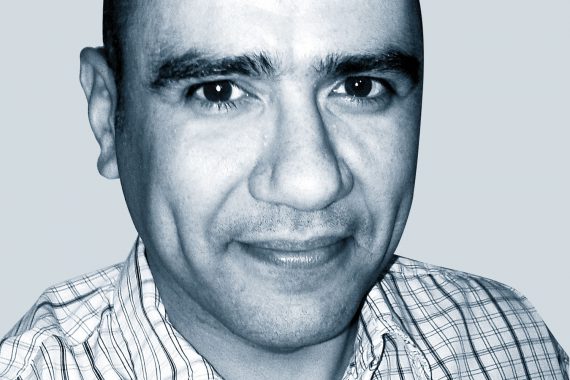In the last year or so I have been involved in protests to major newspapers and the Department of Health with regard to the plight or crisis of general practice. In the main, the vehicle for this has been social media in the form of Twitter, Facebook and blogging, on a variety of different websites. I have been both serious and satirical.
Psychologically-speaking it feels as though I have been exploring the issues facing general practice with a group of like-minded colleagues. They are often funnier, wittier, more experienced and more eloquent in their expressive dismay at the aspects of primary care that move and motivate them to make a collective metaphorical racket. Many of them are admirable in their integrity and the manner in which they will call into question schemes and organisations that seem to be apparently weakening and breaking general practice.
I have an admission, though. I tire of protesting. I tire of pointing out the many negative things that affect and influence the NHS. After a while I feel as though everything I read about the NHS and general practice in particular is through whatever the opposite of rose-coloured spectacles are – through darkly-tinted goggles of doom. We’re doomed. It’s all bad: it’s all going to end badly.
Of course one cannot move towards solutions for general practice and the wider NHS without a deep understanding of what is going wrong and has the potential to get worse. The description and exploration of problems should form the starting point, however, in moving forward towards solutions for the issues that we face, where that is possible. There may be matters of concern, such as the politicisation of the NHS that we may never be able to solve, though the BMA is trying to do just that in its #Nomoregames campaign.
Perhaps, as groups of doctors and other health professionals who care about the NHS, we should be using protests and public complaints about the state of the NHS and the policies imposed upon it as a springboard to suggestions for something better. Some of us will be suited and motivated to using the organisations and structures that already exist to change things for the better ‘from within’. I am full of respect for those who feel called to serve on committees to try to make things better for patients and grassroots doctors.
Others of us should continue to shout loudly from the sidelines, engaging in guerrilla media warfare, not just with the aim of shouting things down, though there is a certain satisfaction in having a good old moan. We should be directed and objective with what we attack, ready to offer solutions and not just criticisms.
Dr Samir Dawlatly is a former secretary of the RCGP’s adolescent health group and a GP in Birmingham.
















